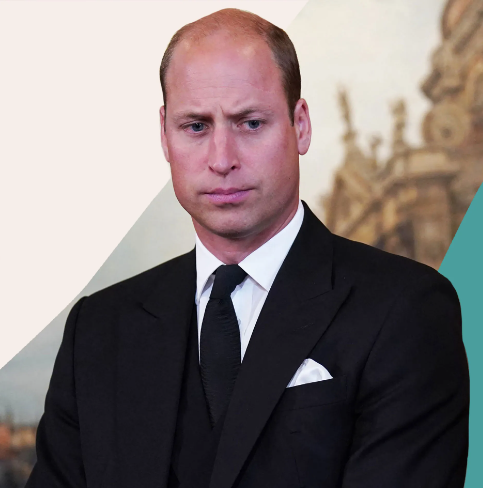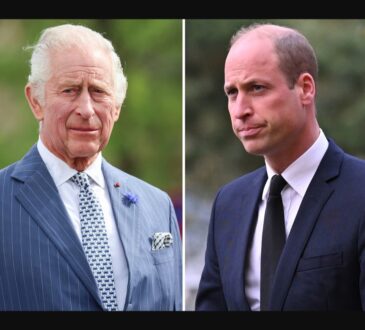A man who will inherit many bedrooms wants to end homelessness – Steve N Allen, Josh Howie Reacts to Prince William’s efforts to combat homelessness in Britain

In a recent live TV appearance on GB News, renowned comedians Steve N Allen, Josh Howie, and Paul Cox expressed their opinions on the Sunday Times report concerning Prince William’s efforts to combat homelessness in Britain.
The discussion took an interesting turn as Josh, accompanied by a man who stands to inherit multiple bedrooms, expressed his desire to end homelessness.
During his interview with Addison Times, Prince William, in his distinct posh accent, highlighted the dire state of homelessness, sharing a personal experience that moved him.
Critics might question the authenticity of his accent, comparing it favorably to Prince Harry’s impression. However, the prince’s concerns are far from superficial, as he displayed a genuine understanding of the issue.
Steve N Allen, who happens to have firsthand knowledge of homelessness through his close association with a London-based charity, shed light on the multifaceted nature of the problem.
He emphasized that homelessness is not solely about providing housing but also encompasses complex factors such as mental health. While acknowledging that some individuals choose a life on the streets, he agreed with Prince William’s focus on reaching out to vulnerable young people, particularly those escaping domestic violence or familial conflicts.
The prince’s plan to open 33 flats for at-risk youth received widespread praise for its urgency and necessity. Prince William aims to collaborate with various homeless charities, positioning himself as a unifying force. This approach has garnered appreciation from many quarters, as it offers the potential for collective action and a united front against homelessness.
However, not everyone shares the same enthusiasm. One skeptic, Paul Cox, raised concerns about the article’s lack of substance beyond the prince’s involvement and the alliance of homeless charities.
He urged for more concrete measures to be taken, highlighting the previous strategy of accommodating homeless individuals in hotels during the pandemic. Cox pointed out that once the pandemic subsided, they were returned to the streets, emphasizing the need for sustainable solutions rather than temporary fixes.



